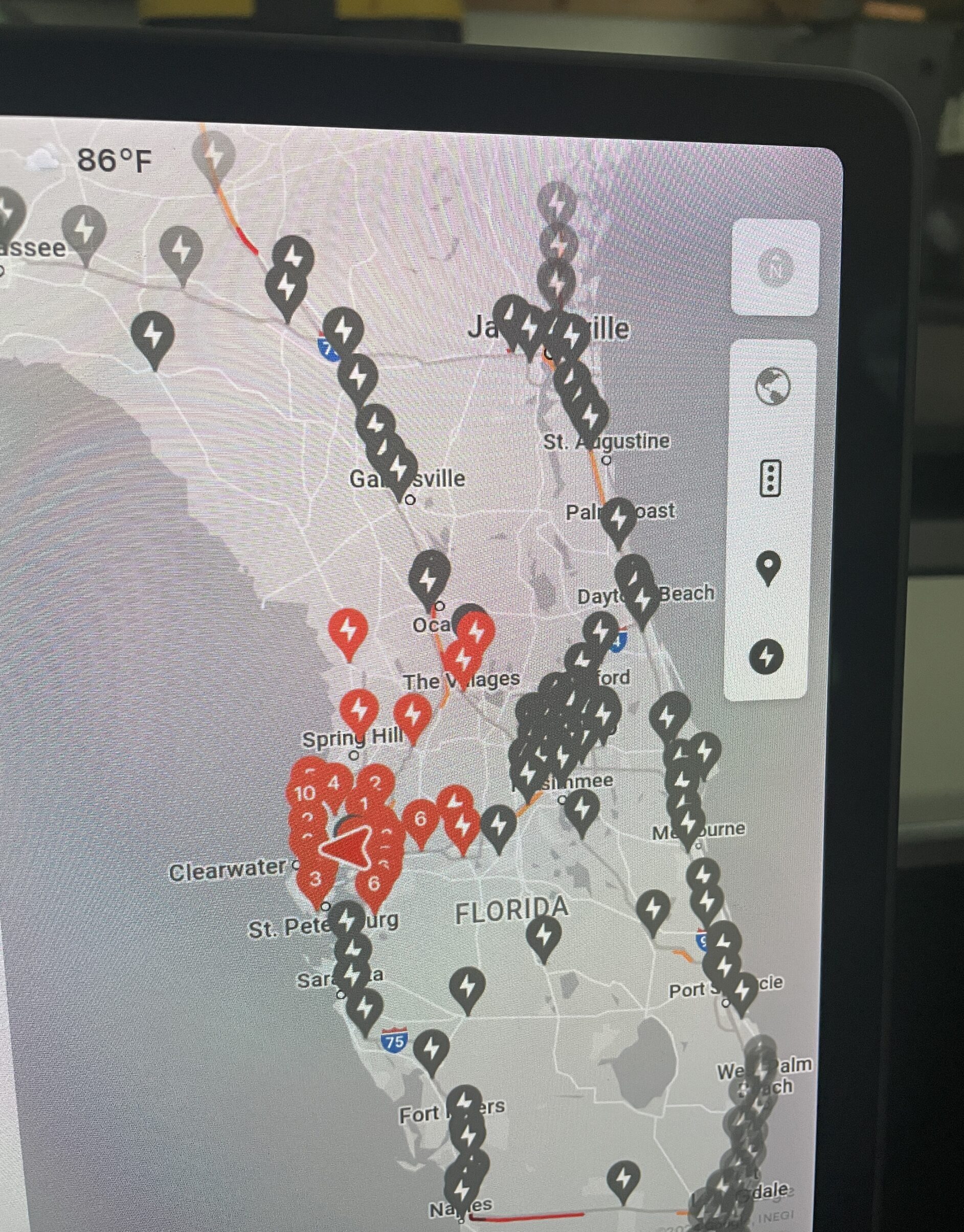As Tradesales celebrates Australian Made Week, the company is proud to shine a spotlight on the incredible contributions of the Australian manufacturing sector.
May 20–26 is dedicated to recognising and supporting the products made in Australia and their vital role in the country’s economy.
Australian manufacturing has a storied history and continues to be a significant economic driver, providing employment to millions, fostering innovation, and enhancing the quality of life for all Australians.
Historical context and economic contribution
Manufacturing in Australia has a rich history dating back to the 1830s, when small steam engines were produced.
The sector peaked in the 1960s, contributing 25 per cent to the country’s gross domestic product (GDP) and employing almost a third of the workforce. Over the decades, the industry has seen a decline, with its contribution to GDP dropping below 10 per cent.
By 2004–05, the manufacturing industry employed 1.1 million people and exported products worth $67.4 billion. Despite these declines, manufacturing remains a crucial part of Australia’s economy, currently contributing 6.9 per cent to GDP and supporting 862,200 positions.
Manufacturing as an economic driver
Manufacturing remains a significant economic driver in Australia, encompassing various industries such as mining equipment, pharmaceuticals, and textiles.
It provides employment for over one million Australians, directly and indirectly supporting other sectors like transportation and construction.
Supporting other sectors
The manufacturing sector boosts other parts of the economy by supplying raw materials and goods, stimulating growth in agriculture, mining, retail, construction, and healthcare. This interconnection highlights the sector’s role in underpinning the broader economic structure.
An engine of economic growth
Manufacturing is vital for the Australian economy’s growth and future prosperity. It plays a crucial role in GDP and acts as an engine of growth, fostering economic stability and expansion.
The sector’s contributions to GDP underscore its importance in maintaining and enhancing Australia’s economic performance.
Innovation and research
Australian manufacturers, such as Tradesales, are at the forefront of innovation, constantly developing new products and technologies.
This drive for innovation requires significant investment in research and development which, in turn, leads to the creation of efficient and cutting-edge products that benefit consumers and enhance daily life.
Improving everyday life
Manufacturing significantly impacts daily life, producing essential goods such as food, clothing, electronics, and vehicles. The availability of these products ensures a convenient and efficient lifestyle for Australians, underscoring the sector’s role in improving quality of life.
Economic resilience and job quality
Despite a reduction in its share of GDP and workforce, manufacturing remains a resilient sector.
It is the fourth largest sector in terms of employment, with most jobs being full-time and offering benefits like paid leave. This resilience in job quality highlights the sector’s capacity to provide stable and quality employment.
Future prospects
The future of Australian manufacturing looks promising with policies like the Future Made in Australia initiative, which focuses on transitioning to net-zero emissions and developing industries like green hydrogen and critical minerals refining.
These initiatives aim to make Australia a leader in sustainable manufacturing practices. Trends such as automation, micro-training, and a focus on sustainable energy practices are also shaping the sector’s future.
Manufacturing in Australia has undergone significant changes but remains a cornerstone of the economy. Its ability to adapt and innovate provides substantial economic benefits and quality employment.
As the sector embraces new technologies and sustainable practices, it is poised to play an even more critical role in Australia’s economic landscape.
Support Australian manufacturing
To support this vital sector, consumers are encouraged to buy Australian-made products. Research indicates that if every household spent an additional $10 per week on locally made goods, it would inject almost $5 billion into the economy annually, creating 9,000 new jobs.
The commitment to Australian-made products is strong, with 91 per cent of Australians wanting more local options and 72 per cent planning to purchase more locally produced goods in the next year.
For those looking to engage directly with Australian manufacturing, Tradesales manufactures heavy-duty storage systems, workshop equipment and relocatable site solutions for heavy industries such as mining, construction, and defence, ensuring products are made to high standards, on time, and within budget.
By supporting such businesses, individuals can contribute to the growth and sustainability of Australia’s manufacturing industry.



